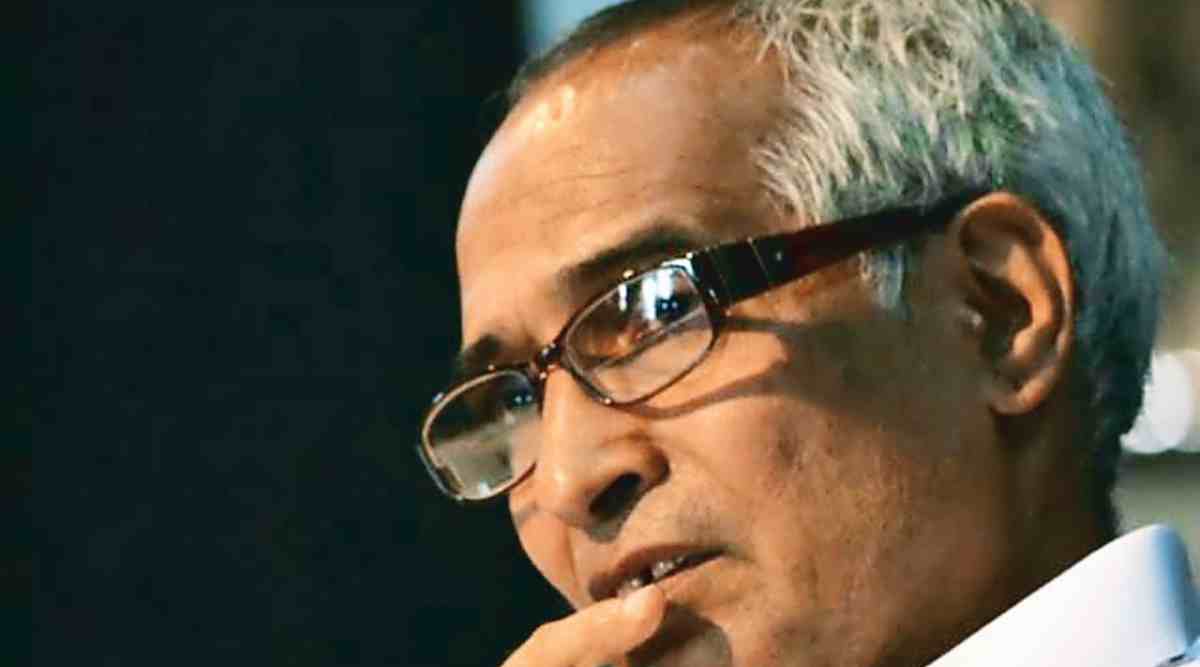 Dr Himmatrao Bawaskar (71)
Dr Himmatrao Bawaskar (71) FROM FIGHTING against corruption in the medical field to treating more than 2,000 Covid patients at his clinic in Mahad and Raigad districts, and stepping up research on fluorosis and chronic renal failure in farmers, Dr Himmatrao Bawaskar (71), who was awarded the Padma Shri for distinguished service in the field of medicine, told The Indian Express that there was still a lot more left to do.
His path-breaking work on deaths caused by the sting of the red scorpion was published in the 1980s in the Lancet journal and led to a deep interest in scorpion stings and snakebites.
While expressing his happiness and gratitude, Dr Bawaskar said that there remains a lot to accomplish. “My wife Pramodini and I are working on research related to fluorosis, chronic renal failure in farmers and Alzheimer’s disease,” Dr Bawaskar said.
It was way back in the late 1970s that Dr Bawaskar started his work in the Konkan region of the state. “Since 1978, I have been in the Konkan region and observed that the mortality rate from a scorpion sting was 40 per cent while it was 30 per cent in case of a snake bite. We conducted intensive research, studied patients at Mahad in Raigad district and found that these patients suffered from heart failure. They did not respond to routine treatment, and ultimately, we found that the load on the heart can be reduced by using the Prazosin drug. The mortality after using this drug reduced by less than 4 per cent,” Dr Bawaskar said.
This research on 51 patients was published in The Lancet in 1982 under the title ‘Diagnostic cardiac premonitory signs and symptoms of red scorpion sting’.
It was lauded across medical communities, and Dr Bawaskar continued to pursue research while treating patients at Mahad in the Raigad district. Dr Bawaskar is also known to speak up against corruption in the medical field and on an earlier occasion had protested against the rampant cut practice. “I had referred a patient for an MRI diagnostic procedure and got a cheque worth Rs 1,200 as a commission. I immediately referred the matter to the Medical Council of India (MCI), and the matter is in the court,” he said.
He has several publications in international and national journals with a recent one published in the Neurosciences journal on red blood cell acetylcholinesterase level being a potential biomarker in asymptomatic relatives of patients with Alzheimer’s disease.
“In Alzheimer’s, there is total memory loss, and it may be too late by the time the neurologist diagnoses dementia. Hence RBC AChE might be a diagnostic biomarker for early diagnosis of dementia and is worth investigating,” he added.
- The Indian Express website has been rated GREEN for its credibility and trustworthiness by Newsguard, a global service that rates news sources for their journalistic standards.

